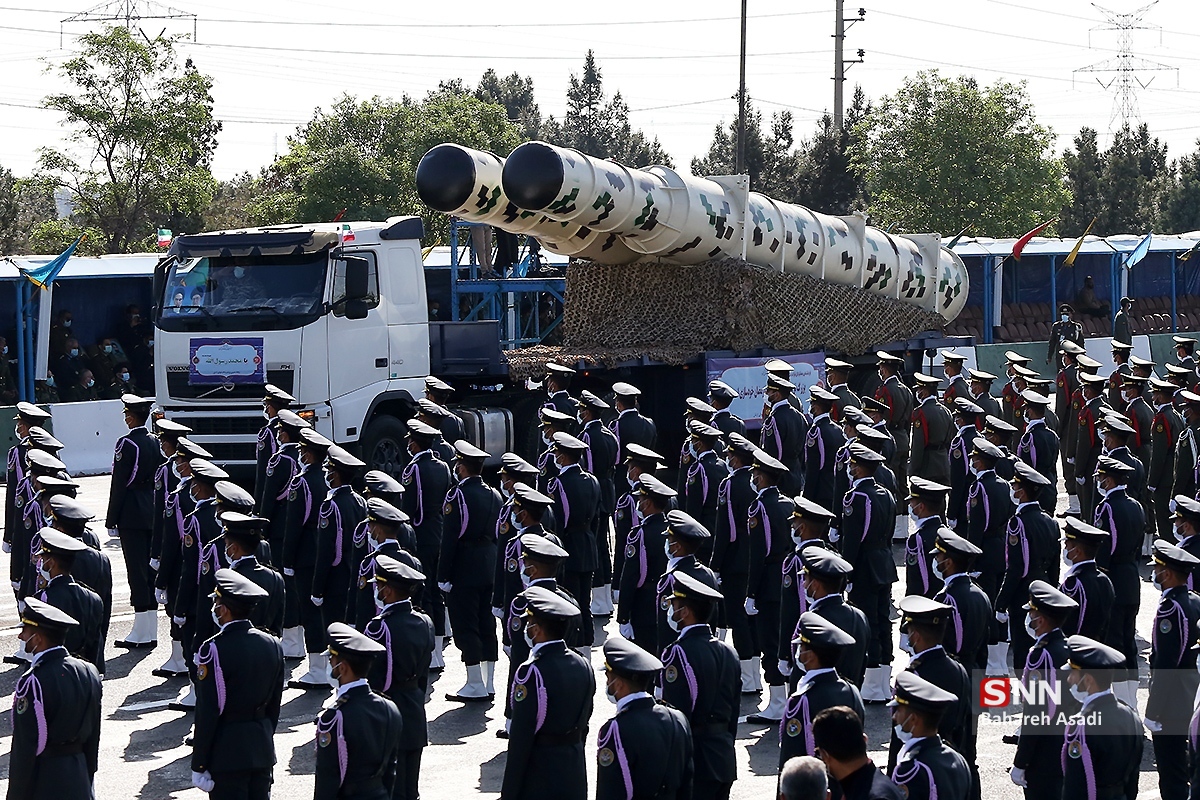Could the Middle East’s Cold War heat up?

An image from a military parade in Iran in 2022. The missile system displayed may have
been used during Iran’s latest attacks on Israel.
Jonah Carlson - On April 13th, Iran launched an unprecedented direct attack against Israel using drones and ballistic missiles. The attack raised a worrying question: how explosive could the tensions currently facing the Middle East become? In an article with the Associated Press, Jon Gambrell helps walk us through some of the calculus surrounding the attack.
For decades, Iran has been procuring a network of non-state actors with which to attack both Saudi Arabian and Israeli interests. These include Hezbollah in Lebanon and the Houthis in Yemen, both of whom are suspected by Israel to have participated in the April 13th attack. While Iran usually allows this network to carry the brunt of the military efforts against its enemies, the latest attack took a rare turn and saw Iran launch the bulk of the strike from its own soil. This could indicate that Iran is increasingly comfortable with its relational power position, both in the Middle East and globally. Relational power describes how the relationships between countries affect their ability to exert other forms of power. Right now, Israel’s strongest allies in the West are frustrated with the state of the war in Gaza and have been attempting to curtail the extent of the country’s military action. Iran is well aware of this and used this moment of relational weakness for Israel to strike directly. It seems to have paid off: headlines across Western media indicate that despite Israel’s desires for a larger show of force in response to the Iran’s attack, the country instead went with a quieter and smaller-scale counterattack. For now, it appears that the tensions between the two states won’t evolve into all-out war.
It also appears Israel still has the edge in terms of material power. It’s formidable Iron Dome defense system reportedly intercepted more than 98% of all drones and missiles fired during the attack. However, that defense system receives significant funding and technological support from the United States, which has provided billions of dollars over the course of the last decade and a half to help the IDF construct it. Recognizing that fact raises an important question about the future of Israeli security: what can the country do if the resolve of its largest benefactors starts to waver?
Photo source. Bahareh Asari and Student News Agency, CC BY 4.0, via Wikimedia Commons.

